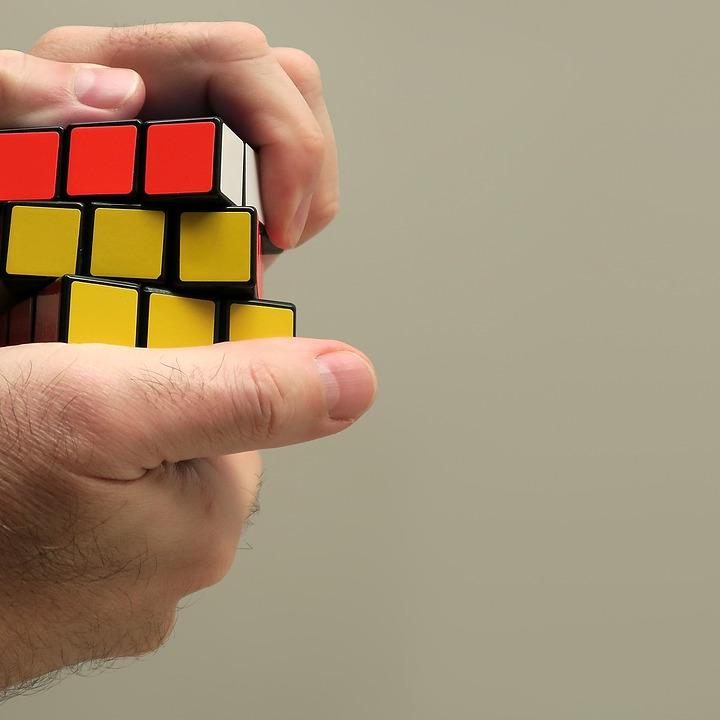How to Improve Your Problem-Solving Skills
Problem-solving is an essential skill that transcends all areas of life, from personal challenges to professional hurdles. Whether you're crafting a strategic business plan, navigating a complex personal relationship, or working through day-to-day issues, effective problem-solving is crucial for success and growth. Fortunately, like any other skill, problem-solving abilities can be developed and refined. Here’s a comprehensive guide on how to improve your problem-solving skills.
1. Understand the Problem
The first step in effective problem-solving is understanding the problem itself. This involves clarifying the nature of the problem, identifying its root causes, and knowing what a successful resolution looks like.
- Ask the Right Questions: Start by asking open-ended questions to gain insights into the issue. Who is affected? What is the impact? When did it occur? How did it start?
- Gather Information: Collect data and facts relevant to the problem. Ensure that your information is accurate and comprehensive.
- Identify Stakeholders: Understand who is involved or affected by the problem and consider their perspectives.
2. Break Down the Problem
Once you have a clear understanding of the problem, break it down into smaller, more manageable parts. This makes the problem less daunting and more approachable.
- Use the "Divide and Conquer" method: Analyze each component separately. Addressing each part individually can lead to a simpler overall solution.
- Prioritize Issues: Determine which aspects of the problem are most critical and require immediate attention.
3. Explore Possible Solutions
Creativity plays a significant role in identifying solutions. The more ideas you generate, the better the chance of finding a successful resolution.
- Brainstorm Solutions: Encourage diverse thinking and explore a variety of potential solutions without judging them initially.
- Use Lateral Thinking: Challenge your assumptions and approach the problem from different angles.
4. Analyze and Evaluate Options
With a list of potential solutions, the next step is to evaluate each one critically.
- Weigh Pros and Cons: Consider the advantages and disadvantages of each solution. Take into account resources, time, feasibility, and potential impact.
- Risk Assessment: Identify any potential risks associated with each option and determine how they can be mitigated.
5. Choose and Implement the Best Solution
After thorough evaluation, select the solution that best aligns with your goals and is most feasible.
- Develop an Action Plan: Clearly outline the steps needed to implement the solution. Assign responsibilities and set deadlines to ensure accountability.
- Monitor Progress: Keep track of the implementation process. Be prepared to make adjustments if the solution is not working as expected.
6. Reflect and Learn
After resolving the problem, take the time to reflect on the process and what you learned. This reflection is critical for personal growth and improving future problem-solving efforts.
- Analyze Outcomes: Were the objectives achieved? What went well, and what could have been handled differently?
- Request Feedback: Get input from others involved to gain different perspectives on the resolution process.
- Document Learnings: Keep a record of your problem-solving experiences. This can serve as a valuable reference for tackling future challenges.
7. Continuous Skill Development
Problem-solving skills can always be enhanced and strengthened through practice and continuous development.
- Engage in Problem-Solving Activities: Puzzles, strategy games, and simulations can help to sharpen your skills.
- Learn from Others: Observe how experienced problem solvers approach issues. Read case studies and attend workshops or seminars.
- Stay Curious: Cultivate a mindset of curiosity and openness to new experiences and information.
In conclusion, improving your problem-solving skills is a journey that requires patience, practice, and a willingness to learn from every experience. By methodically approaching problems, fostering creativity, and committing to continuous development, you can enhance your ability to tackle challenges effectively and confidently. This skill set not only equips you to handle life's inevitable problems but also positions you as a valuable contributor in any team or organization.






















